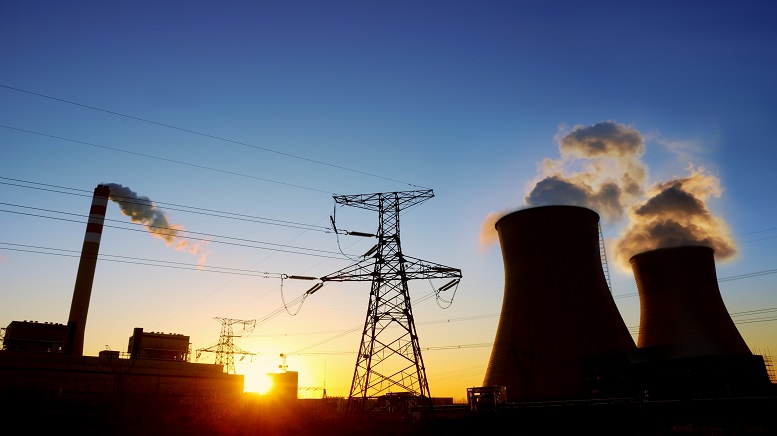The largest Russian gas consumers in Europe scrambled to find alternate fuel sources on Monday and may have to burn more coal to make up for the decreased gas supplies from Russia, which could lead to an energy catastrophe in the winter if supplies are not replenished. Germany, Italy, Austria, and the Netherlands have all hinted that coal-fired power plants could be able to get Europe through a crisis that has driven up gas costs and made it more difficult for policymakers to fight inflation.
Several governments have taken proactive steps to make sure coal as a source of energy is rejuvenated to its highest potential. The Dutch government announced on Monday that it will lift a limit on coal-fired power plant output and would start the first stage of an energy crisis plan. Due to the uncertainty surrounding the Russian supply, Denmark has also started the first phase of its emergency gas plan. After the oil company, Eni said that Russia’s Gazprom informed that it would only receive a portion of its request for gas supply on Monday. Italy came closer to announcing a state of alert on energy. Germany has unveiled its most recent plan to increase gas storage levels and stated it may restart coal-fired power facilities that it had hoped to phase out, due to decreased Russian flow rates.
Robert Habeck, Minister of Economy, and a Green Party activist who has urged for a quicker transition away from coal because it produces more greenhouse gases, said “That is painful, but it is a sheer necessity in this situation to reduce gas consumption.” He added that “But if we don’t do it, then we run the risk that the storage facilities will not be full enough at the end of the year towards the winter season. And then we are blackmailable on a political level.”
On Monday, Russia reiterated its prior accusation that Europe was solely to blame for the sanctions it had received as a result of Moscow’s invasion of Ukraine, a country that served as both a gas transit route and a significant exporter of wheat. The European benchmark, the Dutch front-month gas contract, was trading at around 124 euros ($130) per megawatt hour (MWh) on Monday. This is down from the year’s top of 335 euros, but it is still up more than 300 percent from where it was a year ago.
Featured Image: Megapixl © Sofiaworld







